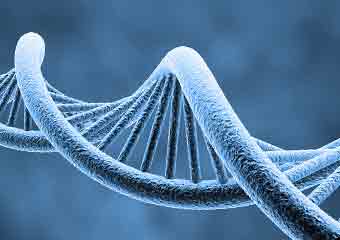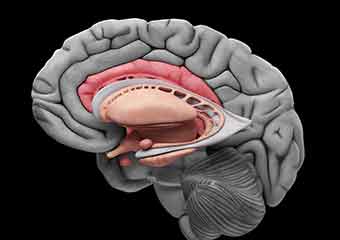As someone who’s been practicing for a while, I’ve seen our view on the treatment of trauma go through substantial development. Our research, theory and treatments have all advanced considerably in the last 40 years. And as I reflect upon this, I’m seeing 3 waves in the evolution of our outlook. Looking back at when […]
PTSD, the Brain, and Pain
A single traumatic experience can set off many different levels of pain, whether emotional or physical, acute or chronic. But can PTSD affect how the brain processes pain? Marla Mickleborough, MA, of the University of British Columbia and Judith Daniels, PhD, of the University of Western Ontario, wanted to find out whether the brain might […]
Resistance to PTSD: Could It Be in Your DNA?
Not everyone who experiences trauma develops PTSD. So what might be boosting the resilience of the folks who experience trauma and don’t suffer from PTSD? According to Israel Liberzon, MD, of the University of Michigan, Ann Arbor, genetic factors might play a role. When combined with trauma in early childhood, a tiny DNA change (or […]
PTSD, the Hippocampus, and the Amygdala – How Trauma Changes the Brain
Emotional neurocircuitry . . . . . . it’s how the brain is wired for emotions. But in the brain of a person with PTSD, emotional distress could physically (and perhaps even visibly) change the neurocircuitry. In a normal brain, the interaction between the hippocampus and the amygdala is important for processing emotional memory. It’s […]
A Trauma Therapy Program for Children in Conflict Zones
If a single traumatic experience can change a person’s life for years to come, what must an average day be like for someone who faces traumatic events on a routine basis? For people affected by war or natural disaster, where entire populations from infants to the elderly have been exposed to so much suffering, what […]




